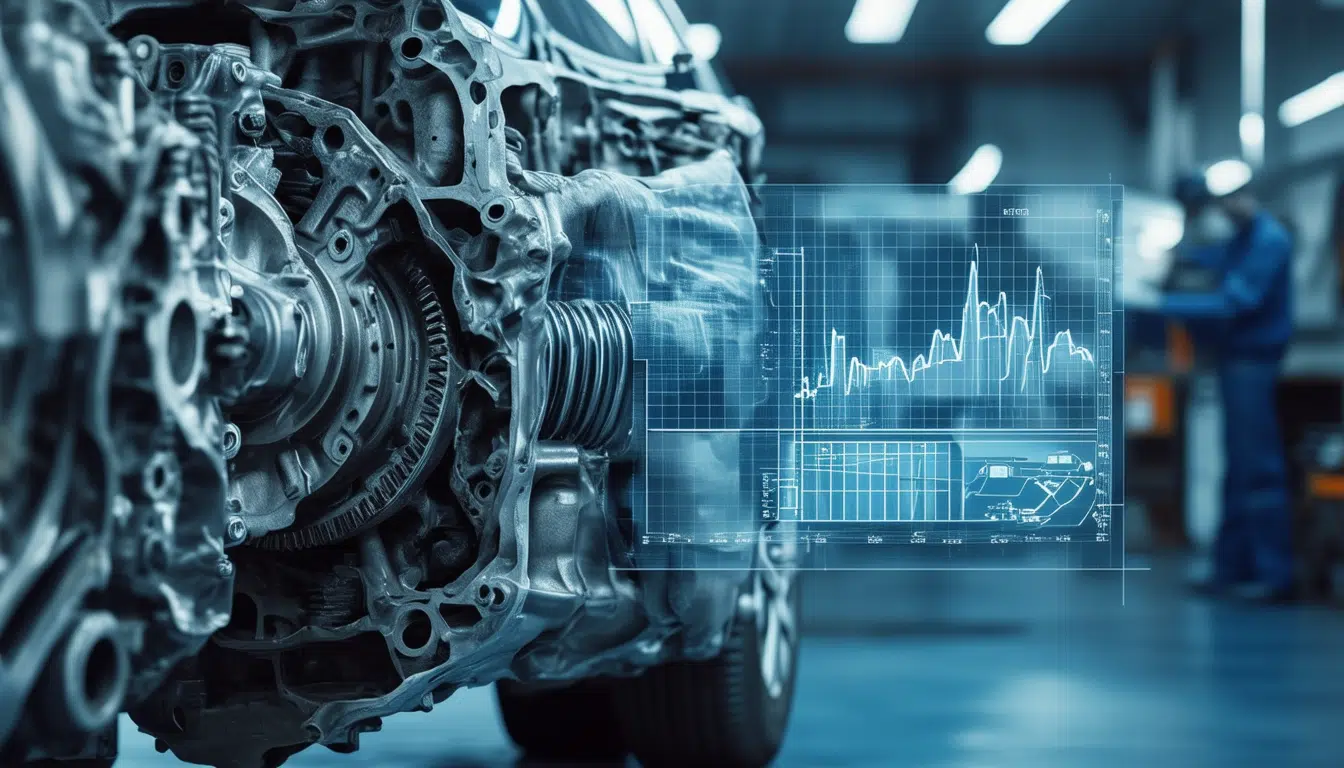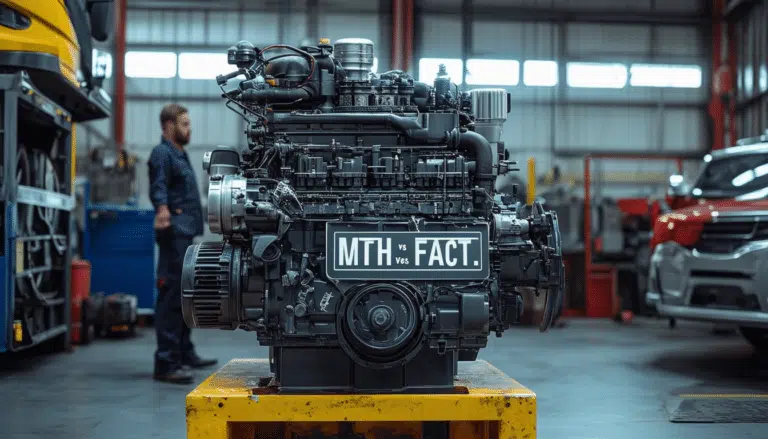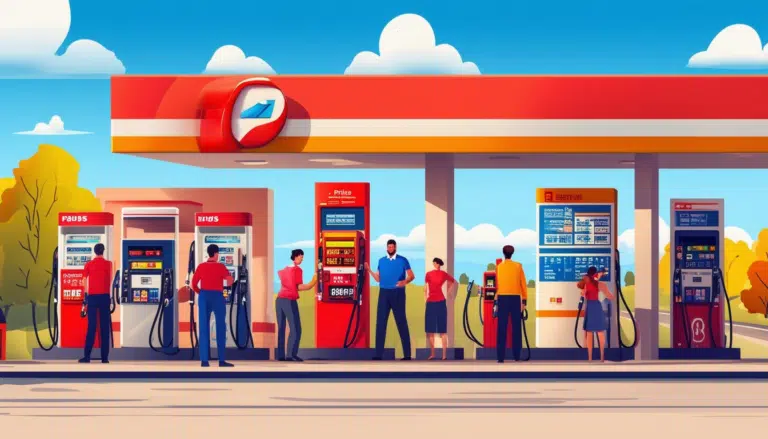The role of transmission in fuel consumption and its maintenance

The transmission of a vehicle plays a crucial role in optimizing fuel consumption. Its proper functioning not only affects efficiency in consumption but also impacts the overall performance of the car. Proper maintenance of this system is essential, as a malfunction can lead to a significant increase in fuel consumption. Additionally, understanding how an automatic or manual transmission influences daily driving enables drivers to make informed decisions that contribute to fuel savings and prolong the vehicle’s lifespan.
The transmission of a vehicle plays a crucial role in fuel consumption. A proper understanding and maintenance of this system not only improves efficiency but also extends the lifespan of the car. This article explores how a well-maintained transmission can help reduce fuel consumption and provides useful tips to ensure its proper functioning.
How does the transmission influence fuel consumption?
The transmission is responsible for transferring power from the engine to the wheels, and its efficient operation is fundamental for optimizing fuel consumption. A transmission system that operates properly allows the engine to function in its most efficient RPM range, which in turn reduces diesel or gasoline consumption. For example, modern automatic transmissions are designed to shift gears at strategic moments, which can lead to greater efficiency in driving conditions that require frequent shifts.
Transmission maintenance and its impact on efficiency
Poor transmission maintenance can increase fuel consumption by up to 2%. This is because worn components can inhibit smooth gear shifting, requiring more effort from the engine and thus consuming more fuel. Conducting regular check-ups and performing necessary maintenance is crucial to prevent these issues. Therefore, keeping a good condition of the clutch and other related components contributes to efficient performance.
The relationship between driving style and fuel consumption
Driving style also influences the performance of the transmission and fuel consumption. By optimizing the use of the gearbox, drivers can make a difference in long-term savings. Shifting to higher gears promptly and avoiding sudden accelerations not only improves vehicle safety but also maximizes fuel economy. According to studies, adopting good habits behind the wheel can reduce a vehicle’s consumption by up to 15%.
Factors affecting transmission performance
Several factors can affect not only fuel consumption but also the overall performance of the transmission. These include temperature, the type of fuel used, and the quality of maintenance received. A transmission in poor condition can cause excessive gas emissions, indicating the need for immediate inspection.
Tips for transmission system maintenance
To ensure optimal transmission performance and, consequently, good fuel efficiency, it is vital to follow some maintenance tips. This includes performing regular oil changes, inspecting for leaks, and paying attention to any abnormal noises during operation. Additionally, learning about the proper technique for gear shifting in manual transmissions can help drivers save gas. You can find more information about this in this link.
Benefits of proper transmission maintenance
In addition to reducing fuel consumption, proper transmission maintenance contributes to road safety and environmental protection. A vehicle that operates correctly generates fewer emissions, resulting in better air quality. Furthermore, extending the lifespan of a vehicle is a factor that should not be overlooked, as the initial investment will be offset by lower future repair costs.
For useful tips on how to avoid common mistakes in car maintenance, you can check this link.
The transmission of a vehicle, whether automatic or manual, plays a crucial role in optimizing fuel consumption. Each type of transmission has its own characteristics that affect how the engine utilizes the generated energy. For instance, automatic transmissions are generally more efficient in driving conditions that require constant shifts, as they can make adjustments without the driver’s intervention, ensuring a more controlled and efficient consumption.
On the other hand, a manual transmission allows the driver to optimize their handling and shift to higher gears at the right moment, which can also positively impact fuel efficiency. The ability to maneuver the vehicle and select the correct gear can lead to significant savings in gasoline consumption.
However, the impact of maintenance of the transmission on fuel consumption should not be underestimated. A transmission system that does not receive proper care can lead to an increase in fuel consumption of up to 2%. This is because issues such as a clutch in poor condition or malfunctioning system can prevent the engine and transmission from working optimally. Good maintenance is essential to ensure that all components of the transmission system are in optimal condition and working correctly.
Finally, the relationship between efficient driving and the state of the transmission emphasizes the importance of acquiring good habits behind the wheel. Driving consciously and maintaining the vehicle properly are key strategies for reducing fuel consumption and contributing to environmental sustainability.





